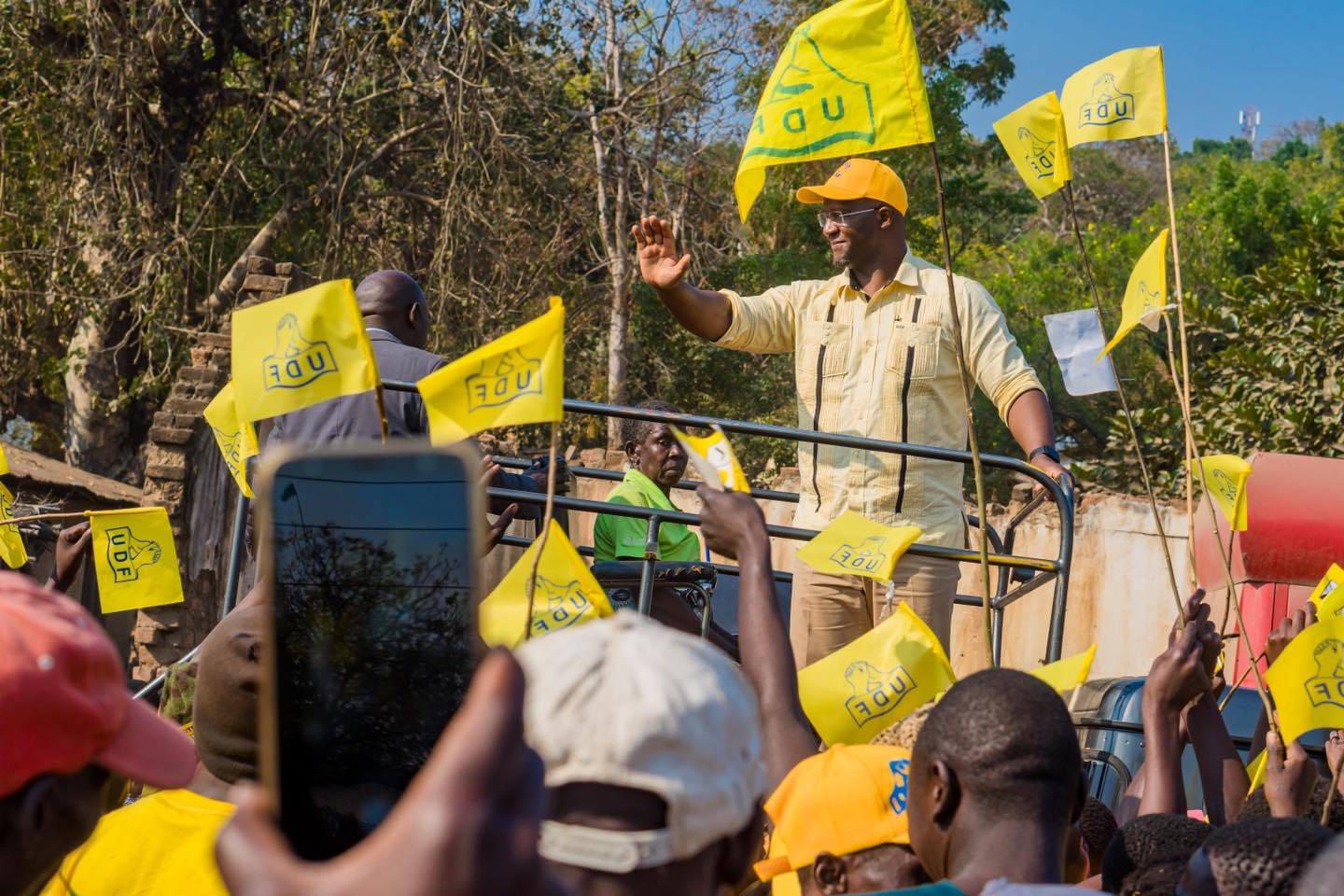Atupele Muluzi Emerges as Malawi’s Rising Youth Favourite Ahead of 2025 Elections
As Malawi races toward the September 16 polls, one name is increasingly resonating with the nation’s restless and impatient youth: Atupele Muluzi. A new pre-election study by the South African Institute of International Affairs (SAIIA) places the United Democratic Front (UDF) leader at the heart of a generational shift in Malawian politics—positioning him not just as a competitive contender, but as the rising favourite of the country’s largest voting bloc.

According to the SAIIA poll, Muluzi commands 47% of the 18–24 youth vote and 41% among those aged 25–34, far outpacing rivals Peter Mutharika of the DPP (21% and 26% respectively) and Lazarus Chakwera of the MCP (19% and 23%). This youth wave is no accident: 1.2 million first-time voters have registered, and the majority lean heavily toward Atupele, who at 47 years old represents a generational bridge between the old guard and an increasingly youthful electorate.
Atupele’s appeal is rooted in more than age. The study shows that 85% of Malawians view him as the most credible anti-corruption candidate, compared to just 43% for Mutharika and 17% for Chakwera. In a country where 94% of citizens believe the nation is moving in the wrong direction, trust and integrity are proving as decisive as party colours. His reformist image, sharpened by his international recognition and pragmatic messaging on economic recovery, resonates deeply with young voters facing unemployment, food insecurity, and disillusionment with establishment politics.
Physically energetic and digitally visible, Atupele is also perceived as the fittest candidate for the demanding presidency—94% of respondents said he has the health and stamina to lead, compared to just 35% confidence for Mutharika. In a campaign season where voters openly admitted health and fitness matter more than ever before, Atupele’s vitality gives him a crucial edge.
Beyond personality, he is also strategically positioned: the poll identifies him as the most preferred coalition partner across party lines, making him the kingmaker in any post-election arrangement. Even when paired hypothetically with rivals in presidential tickets, Atupele features strongly—Muluzi-Chakwera (29%) and Muluzi-Kabambe (7%) combinations demonstrate his cross-party flexibility.
The implications are profound. While Mutharika (32%) narrowly leads the national race and Atupele (30%) sits second, the momentum of Malawi’s largest and most energetic voting bloc is with the UDF leader. In a country where 68% of first-time voters report high political interest, this could tilt the race dramatically.
If Malawi’s 2025 election is to be the turning point voters say they crave, Atupele Muluzi’s rise suggests it will be a generational one—powered by youth, defined by reform, and carried by the conviction that the future belongs not to recycled politics, but to new energy and integrity.
In short: Atupele is not just in the race—he is fast becoming the heartbeat of Malawi’s youthful electorate, and perhaps the nation’s rising favourite.

